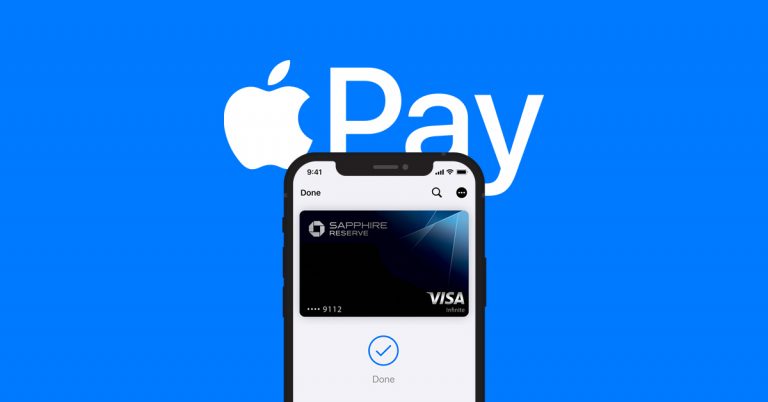Will Facebook be the First to Fall into a Mental Health Meltdown?

Facebook, the social media behemoth, has had its share of controversies. But one looming issue is gaining attention: it’s possible link to declining mental health. Is it true that Facebook could be the first major platform to collapse due to a “mental health frenzy”?
Concerns about social media’s impact on mental health are quite familiar. Excessive social media use is linked to depression, increased anxiety, and body image issues. The fear of missing out, fueled by carefully curated online lives, can amplify these emotions.
But why is Facebook specifically in the spotlight? Let us look into a related lawsuit that sheds light on this issue.
Facebook on Trial: The Mental Health Lawsuit
The Facebook lawsuit focuses attention on how the platform affects users’ mental health. The class action lawsuit claims that Facebook’s handling of harmful content worsens mental health, necessitating legal action. The case is overseen by federal Judge Vince Chhabria, who navigates the legal complexities.
The plaintiffs accuse Facebook of spreading harmful content. Yet, the platform maintains its commitment through a variety of policies. Examples include community standards and content moderation. Such policies govern what content is shared across the platform to create a safe user environment.
Mental Health Issues Exposed
The Facebook lawsuit is eventually settled for $725 million. However, it draws significant attention to the link between Facebook and mental health issues.
Detailed exploration into the implications of Meta’s (earlier Facebook) operations on users’ mental health revealed alarming findings. Research has established a causal link between the use of Facebook and increased levels of anxiety, particularly among college students.
Studies highlight the platform’s contribution to dependency issues. Further, it is a cause of fewer positive social interactions, and heightened risks for depression and suicide, especially in adolescents.
Meta faces accusations of engineering its algorithms to generate addictive content. Documents leaked by an employee, Frances Haugen, revealed that the company was aware of these negative impacts on young adults. However, the platform’s administrators chose to prioritize engagement and financial gain over users’ well-being. TorHoerman Law affirms that these revelations have led to numerous lawsuits.
Mental Health Battles Across Major Social Media Platforms
Facebook may be the current poster child for mental health concerns on social media. Yet, the problem is much deeper, involving other major platforms in similar legal battles. Here’s a closer look at the challenges encountered by some key players:
- Snapchat: Snapchat was sued, claiming that “dysmorphia filters” harmed their body image and increased anxiety. The case highlighted the dangers of setting unrealistic beauty standards online.
- Instagram: Leaked documents in 2021 revealed the platform’s concern about young girls’ mental health, specifically body image issues and suicidal ideation. Pressure is mounting for stricter content moderation and transparency.
- TikTok: The UK looks into TikTok’s potential impact on children’s mental health, including its addictive nature, unrealistic beauty standards, and cyberbullying. Calls to protect young users grow louder.
The Underlying Woes of Social Media Beyond Legal Battles
It is important to note that the legal landscape does not provide the complete picture. Independent research initiatives have identified links between major mental health concerns (depression, and loneliness) and social media use.
Platforms like YouTube and X (formerly Twitter) have also been criticized for the spread of misinformation, cyberbullying, and echo chambers. All of these concerns have the potential to harm users’ well-being.
Will Facebook Be the First to Fall?
Predicting the future is difficult, but the growing awareness of social media’s potential drawbacks cannot be denied. Facebook, with its massive user base and ongoing controversies, may face greater public scrutiny than others. However, other platforms are likely to face similar pressures.
The ultimate “fall” may not be a complete platform collapse. It can be rather a forced shift toward putting user well-being ahead of engagement at all costs.
What Does the Future of Social Media Look Like?
The Facebook lawsuit could be a turning point. As societal concerns about mental health and social media intertwine, Facebook may have to adapt or risk losing ground. The fight for user well-being in the digital age has just started. Only time will show how it plays out.
Possible modifications may include:
- Strict content moderation: Filtering out potentially harmful content such as cyberbullying, eating disorder promotion, and misinformation.
- Transparency algorithms: Give users more insight into how content is chosen and forwarded.
- User-friendly tools: Adding features that encourage healthy online habits, such as time management and content control options.
- Investing in research: Studying the impact of social media on mental health and developing evidence-based interventions.
Wrapping up, while addressing these concerns is difficult, the growing awareness to hold platforms accountable provides a glimmer of hope.






